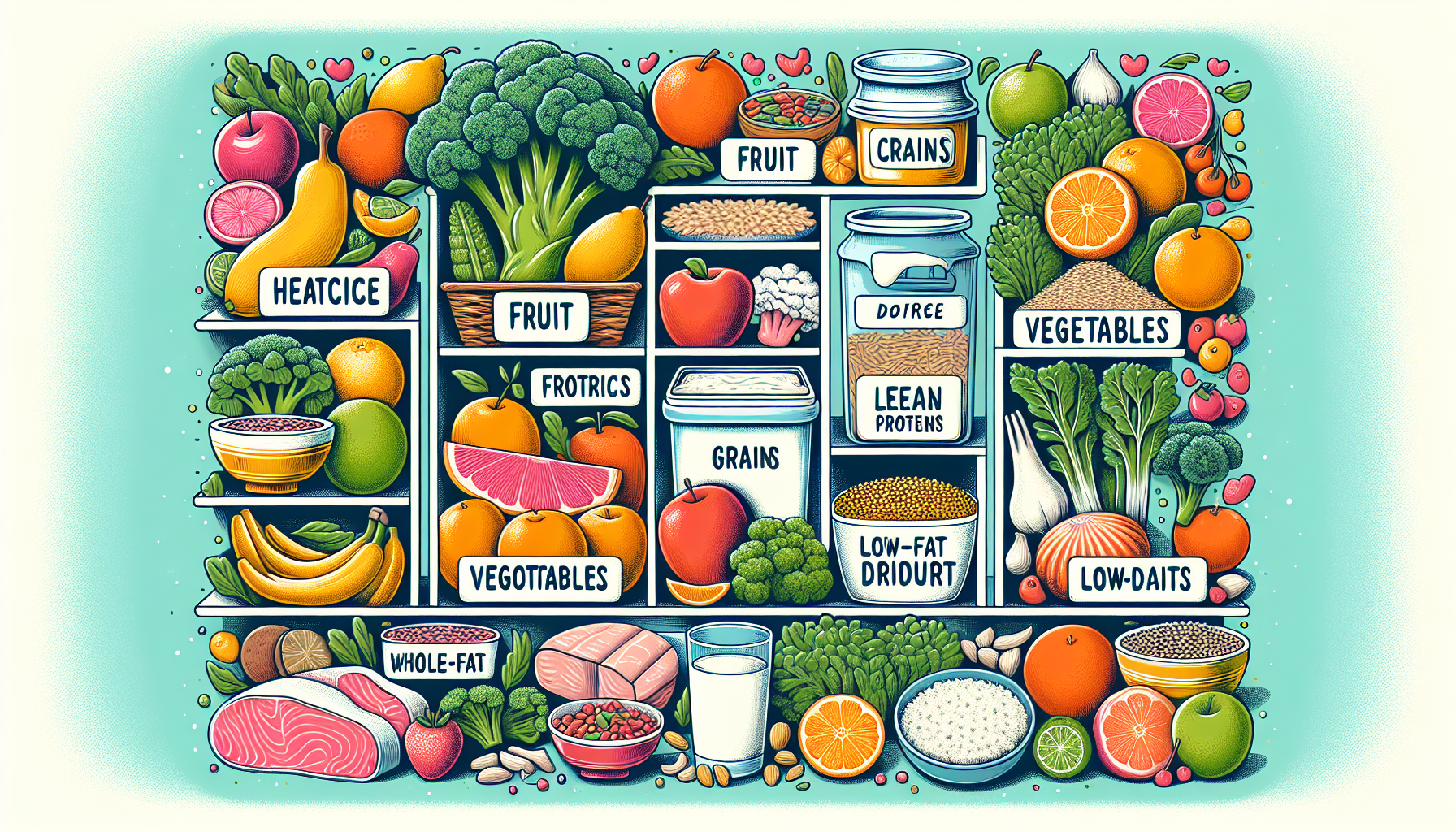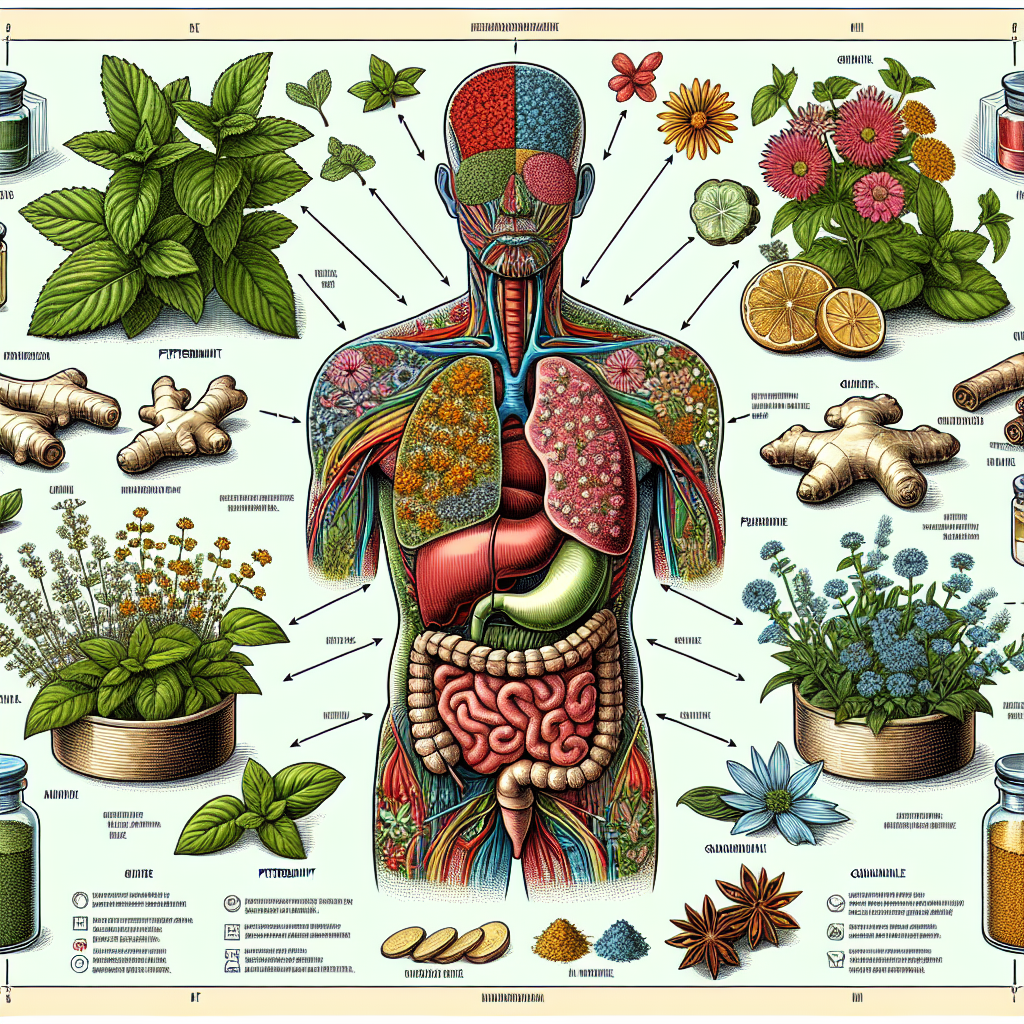Acid reflux, also known as gastroesophageal reflux disease (GERD), is a common digestive disorder that affects millions worldwide. It’s characterized by the backward flow of stomach acid into the esophagus, which can lead to discomfort and potential long-term health complications. Understanding the connection between diet and acid reflux is crucial for managing symptoms and improving overall digestive health.
The Role of Diet in Managing Acid Reflux
The food we consume plays a significant role in either exacerbating or alleviating acid reflux symptoms. Certain foods and beverages can weaken the lower esophageal sphincter (LES), the valve responsible for preventing stomach acid from entering the esophagus, leading to acid reflux.
Foods to Avoid
Common triggers include:
- High-fat foods
- Spicy dishes
- Citrus fruits
- Chocolate
- Caffeinated beverages
- Alcoholic drinks
These foods can increase stomach acid production or relax the LES, making reflux more likely.
Foods to Embrace
Conversely, some foods can help manage acid reflux by strengthening the LES or neutralizing stomach acid. These include:
- Lean proteins
- Whole grains
- Alkaline vegetables like broccoli and cucumbers
- Non-citrus fruits
- Herbal teas
Incorporating these into your diet may help reduce the occurrence of acid reflux episodes.
Implementing Dietary Adjustments
Making small, incremental changes to your diet can have a profound impact on acid reflux management. Here’s how you can start:
Eating Smaller, More Frequent Meals
Overeating can increase stomach pressure and push acid into the esophagus. Smaller meals reduce this risk.
Identifying Personal Triggers
Keeping a food diary can help you pinpoint specific foods that trigger your reflux symptoms.
Balancing Meal Composition
Ensuring each meal has a good balance of carbohydrates, protein, and fat can aid digestion and prevent reflux.
Beyond Diet: Lifestyle Changes for Acid Reflux
Diet isn’t the only factor that can influence acid reflux. Lifestyle changes are also essential. Weight management, as discussed in How Digestive Health Influences Weight Management, can reduce the pressure on the stomach and LES. Quitting smoking and avoiding lying down after meals are other beneficial modifications.
Herbal Remedies and Their Role
Some individuals find relief through herbal remedies. Combating Digestive Health Issues with Herbal Remedies provides an in-depth look at natural options for digestive health, including those that may alleviate acid reflux symptoms.
Advanced Strategies for Reflux Management
For those seeking to delve deeper into managing acid reflux through diet, exploring the role of digestive enzymes can be enlightening. The article Exploring the Role of Digestive Enzymes in Gut Health offers valuable insights into how these enzymes can aid in the digestion process and potentially reduce reflux episodes.
Additional Supportive Measures
Dietary adjustments are a cornerstone of acid reflux management, but they’re not the only tool available. Here are some additional supportive measures that can be combined with dietary changes:
Elevating the Head During Sleep
Raising the head of your bed can prevent acid from flowing back into the esophagus during the night.
Chewing Gum
Chewing gum can increase saliva production and reduce acid in the esophagus.
Stress Management
Stress can worsen acid reflux symptoms. Techniques like mindfulness and yoga can help.
For more on the benefits of yoga for digestive health, see The Role of Yoga in Improving Digestive Function.
Expert Guidelines and Resources
- The International Foundation for Gastrointestinal Disorders provides comprehensive resources on managing chronic gastrointestinal conditions, including GERD.
- The American College of Gastroenterology offers guidelines and patient education materials on various digestive health issues.
- Eat Right, the Academy of Nutrition and Dietetics’ website, has diet tips and resources for individuals with acid reflux.
Conclusion
Managing acid reflux involves a multifaceted approach, with dietary adjustments being a central component. By understanding the foods that trigger symptoms and those that can aid in managing them, individuals can take proactive steps to alleviate discomfort. Combining dietary strategies with lifestyle changes can significantly improve quality of life for those suffering from acid reflux.
Remember, while the information provided here is rooted in evidence-based practices, it’s always advisable to consult with a healthcare professional before making significant changes to your diet or lifestyle, especially if you have a preexisting health condition.



